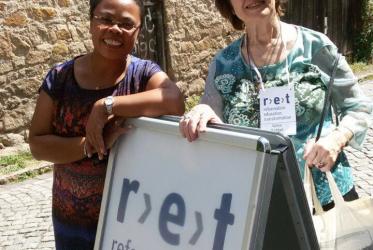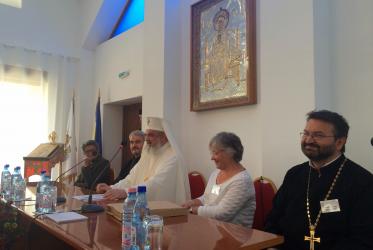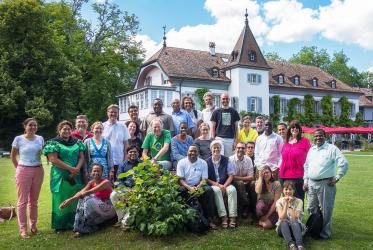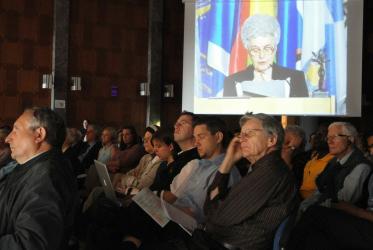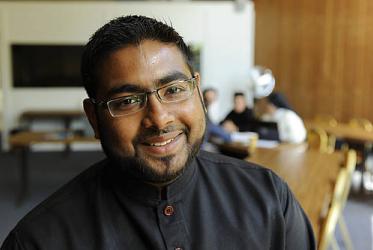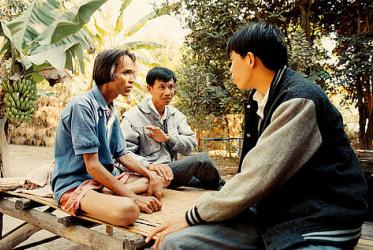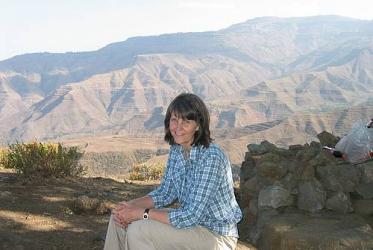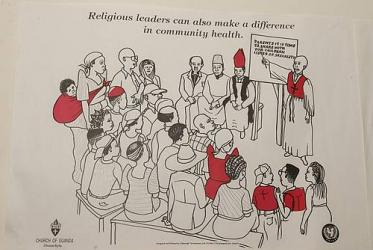Displaying 41 - 56 of 56
Like pilgrims to the Ecumenical Centre, Geneva
07 April 2016
Addressing ecology, theology and justice in practice
01 July 2014
Newly created Asian Forum on Theological Education meets and sets course
11 September 2012
WCC's HIV work reaches quarter-century mark
30 June 2011
Building AIDS-competent churches in Southern Africa
23 June 2011
Books key to the battle against HIV and AIDS in Africa
23 February 2011
Young adult stewards see God's presence in ecumenism
25 February 2005
December 2004
23 November 2004
